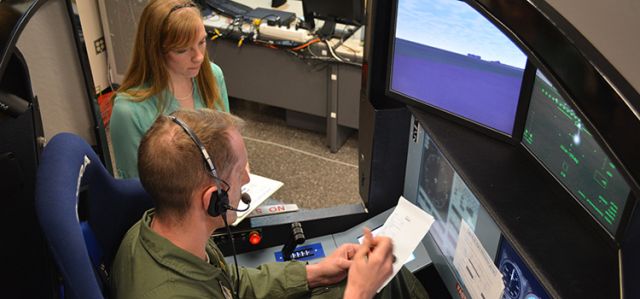Document Type
Article
Publication Date
8-2012
Publication Source
U.S. Department of Energy Technical Report
Abstract
The Clean Energy Infrastructure Educational Initiative represents a collaborative effort by the University of Dayton, Wright State University and Sinclair Community College. This effort above all aimed to establish energy related programs at each of the universities while also providing outreach to the local, state-wide, and national communities. At the University of Dayton, the grant has aimed at: solidfying a newly created Master's program in Renewable and Clean Energy; helping to establish and staff a regional sustainability organization for SW Ohio. As well, as the prime grantee, the University of Dayton was responsible for ensuring curricular sharing between WSU and the University of Dayton. Finally, the grant, through its support of graduate students, and through cooperation with the largest utilities in SW Ohio enabled a region-wide evaluation of over 10,000 commercial building buildings in order to identify the priority buildings in the region for energy reduction. In each, the grant has achieved success. The main focus of Wright State was to continue the development of graduate education in renewable and clean energy. Wright State has done this in a number of ways. First and foremost this was done by continuing the development of the new Renewable and Clean Energy Master's Degree program at Wright State . Development tasks included: continuing development of courses for the Renewable and Clean Energy Master's Degree, increasing the student enrollment, and increasing renewable and clean energy research work. The grant has enabled development and/or improvement of 7 courses. Collectively, the University of Dayton and WSU offer perhaps the most comprehensive list of courses in the renewable and clean energy area in the country. Because of this development, enrollment at WSU has increased from 4 students to 23. Secondly, the grant has helped to support student research aimed in the renewable and clean energy program. The grant helped to solidify new research in the renewable and clean energy area. The educational outreach provided as a result of the grant included activities to introduce renewable and clean energy design projects into the Mechanical and Materials Engineering senior design class, the development of a geothermal energy demonstration unit, and the development of renewable energy learning modules for high school students. Finally, this grant supported curriculum development by Sinclair Community College for seven new courses and acquisition of necessary related instrumentation and laboratory equipment. These new courses, EGV 1201 Weatherization Training, EGV 1251 Introduction to Energy Management Principles, EGV 2301 Commercial and Industrial Assessment, EGV 2351 LEED Green Associate Exam Preparation, EGV 2251 Energy Control Strategies, EGV Solar Photovoltaic Design and Installation, and EGV Solar Thermal Systems, enable Sinclair to offer complete Energy Technology Certificate and an Energy Management Degree programs. To date, 151 students have completed or are currently registered in one of the seven courses developed through this grant. With the increasing interest in the Energy Management Degree program, Sinclair has begun the procedure to have the program approved by the Ohio Board of Regents.
Document Version
Published Version
Place of Publication
Dayton, OH
Peer Reviewed
yes
eCommons Citation
Hallinan, Kevin P.; Menart, James A.; and Gilbert, Robert, "Clean Energy Infrastructure Educational Initiative" (2012). Mechanical and Aerospace Engineering Faculty Publications. 44.
https://ecommons.udayton.edu/mee_fac_pub/44




Comments
This document is provided for download by permission of the author. Permission documentation is on file.